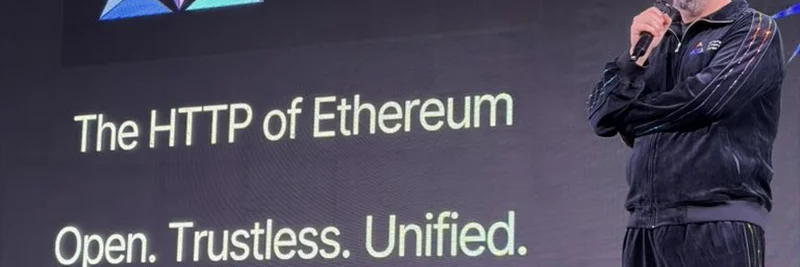In the fast-paced world of crypto, big moves by hedge funds can signal shifts that ripple through the entire market. Recently, journalist Laura Shin shared a tweet highlighting just such a development: activist hedge fund Glazer Capital has built a 7.7% stake in the SPAC set to merge with ProCap Financial Inc., and they're not shy about demanding changes.
Shin, host of the popular Unchained podcast, posted: "Glazer Capital built up a 7.7% stake in ProCap and is planning to push for big changes. Starting with executive compensation." She credited reporter Steven Ehrlich and linked to the full story on Unchained Crypto.
Breaking Down the Stake and the SPAC Merger
For those new to the lingo, a SPAC—or special purpose acquisition company—is essentially a shell company that raises money through an IPO to acquire or merge with another business. In this case, the SPAC is merging with ProCap BTC, tied to Anthony Pompliano's Bitcoin Digital Asset Trust (DAT). Pompliano, a well-known crypto advocate and investor, is at the center of this bitcoin-focused entity.
Glazer Capital, known for its activist approach, disclosed in an SEC filing that they hold about 1.99 million shares, equating to that 7.7% position. They're arguing that the current merger structure doesn't serve public shareholders well. Their main gripe? Overly generous compensation for executives and sponsors, often called the "promote"—a chunk of shares or fees given to those orchestrating the deal.
What Changes Are They Proposing?
Glazer isn't just complaining; they've outlined a path forward. They want a renegotiation that slashes the sponsor's promote shares and certain fees. The savings? Redirect them to public shareholders who stick around without redeeming their shares, and to preferred stockholders. This, they say, would better align everyone's interests, stabilize the capital structure, and make the deal more appealing overall.
In their words from the filing: "The Reporting Persons believe that exploring such a reallocation framework could enhance the attractiveness of the proposed business combination, improve capital structure stability, and create a more balanced outcome for public and preferred investors."
It's a classic activist play: buy in, spot inefficiencies, and push for reforms to unlock value. With the merger slated for next month, the timing adds urgency.
Why This Matters for Meme Token Enthusiasts and Blockchain Practitioners
While this story centers on bitcoin and traditional finance tools like SPACs, it has broader implications for the crypto ecosystem, including the wild world of meme tokens. Activist interventions like this highlight growing institutional interest in crypto assets, which can boost overall market confidence. However, they also underscore issues like governance and fair compensation—problems that plague some meme projects where founders or insiders hold outsized rewards.
For meme token holders, this could mean more scrutiny on how projects allocate funds and tokens. If big players like Glazer succeed in reshaping deals for better transparency, it might set precedents that filter down to smaller, community-driven tokens. Think about it: in a market where hype drives value, ensuring equitable structures could reduce rug pulls and build longer-term trust.
Plus, with crypto in a slump as mentioned in the article, these moves might stabilize bitcoin-related investments, indirectly affecting meme coin volatility tied to BTC's price swings.
Looking Ahead in the Crypto Space
As blockchain technology evolves, stories like this remind us that crypto isn't just about memes and moonshots—it's intersecting with traditional finance in big ways. Keep an eye on how ProCap and Pompliano respond; it could influence future SPAC deals in crypto.
If you're diving into meme tokens or bitcoin plays, staying informed on these institutional shakes-ups is key to navigating the market smarter. For more insights, check out our knowledge base on meme token trends and blockchain innovations here at Meme Insider.


